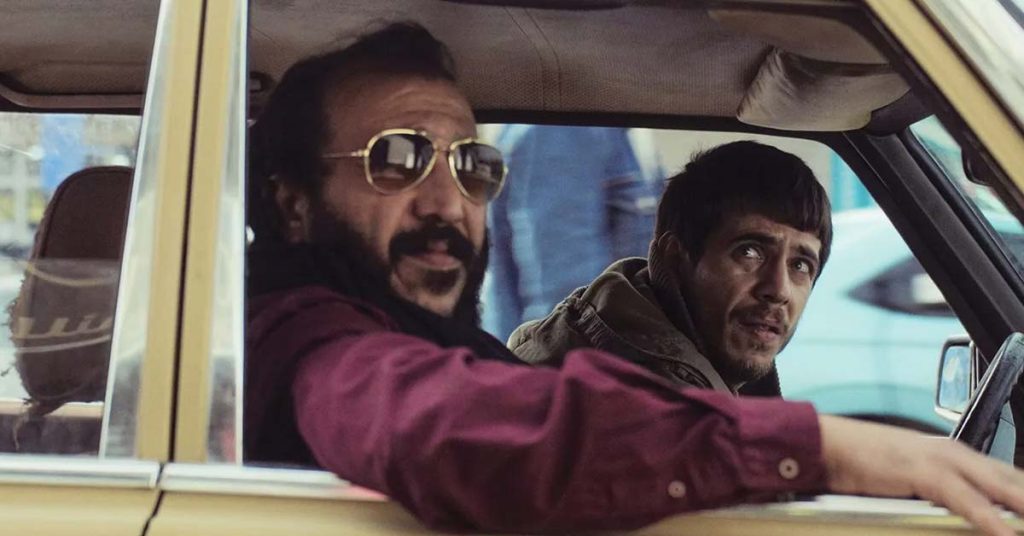“Memory, resistance, and the desire to live.”
Por Fernando Bertucci
The story crafted by filmmaker brothers Mohammed Abou Nasser and Ahmad Abou Nasser in Once Upon a Time in Gaza transports us to a specific moment: the year 2007, when the Palestinian territory had already endured four decades of Israeli occupation. This temporal choice is far from arbitrary: it serves as an anchor point to explore a space suspended between memory and impossibility. Through the story of two friends who sell falafel and drugs, and their inevitable clash with a corrupt authority, the film opens a reflection on what it means to exist in a place where the present is colonized by violence and the future appears as a mirage.
The film isn’t interested in portraying individual heroism but in showing how everyday lives are swept along by forces larger than themselves. Osama and Yahya are not rigid symbols but ordinary men caught in a mechanism where personal decisions intertwine with collective history. Their small street food business is both a means of survival and a space of clandestinity, where economic need blends with desperation. This ambiguity reveals how, under occupation and blockade, morality becomes malleable—not because values are lost, but because survival demands a constant negotiation with precarity.
The film is permeated by a continual slippage between reality and fiction. This tension becomes explicit when Yahya is recruited to participate in a propaganda film titled The Rebel. Suddenly, the initial crime narrative transforms into a hall of mirrors, questioning what it means to tell the story of Gaza from Gaza—and for whom. Yahya, a shy man with no grand ambitions, becomes a malleable face, a symbolic figure at the service of a political narrative. His transformation exposes how personal identities are absorbed by imposed narratives: first by repression, then by propaganda.
This back-and-forth between the intimate and the collective is not a mere dramatic device. It is a reminder that Palestinian reality is not lived in sealed compartments: every private act is also, inevitably, political. Even Yahya’s silence is eloquent; it reveals the impossibility of neutrality in a territory where occupation shapes every inch of existence. At the same time, the dark humor and theatricality—reminiscent of traditional Arab musalsalat—create a space where harshness becomes bearable through irony and exaggeration.
The film resists falling into the spectacle of tragedy that often consumes narratives about Gaza from external perspectives. Instead of reducing Palestinian suffering to images of ruin, the directors weave layers of memory and desire—showing a past that, while far from ideal, at least had a human texture. From this evocation, the film denounces structural violence without turning it into spectacle. Above all, this story speaks of dignity. The people it portrays are not defined solely by what they have lost but by their obstinate determination to keep existing, dreaming, and resisting. Between the brutality of occupation and the internal machinery of control, a humanity persists that refuses to give up. The Nasser brothers’ work is not just a thriller: it is a testimony to the living memory of a people who, despite everything, refuse to disappear.

Titulo: Once Upon a Time in Gaza
Año: 2025
País: Palestina
Director: Mohammed Abou Nasser y Ahmad Abou Nasser


